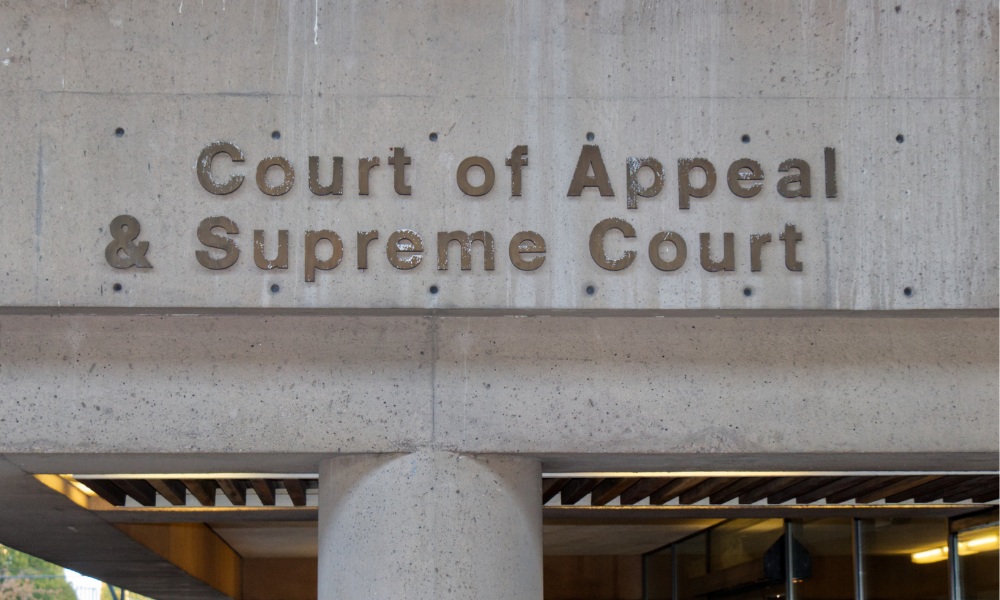Two courts have now criticized how RCMP treats journalists, notes CAJ president

The B.C. Supreme Court’s granting of an application to modify an injunction against press restrictions at the Fairy Creek logging protests affirms “media rights and the vital role journalism plays in upholding the public interest,” the Canadian Association of Journalists has said.
“This decision is the sounding of an ominous warning bell to all law enforcement bodies across the country,” said Brent Jolly, president of the Canadian Association of Journalists (CAJ), noting that two courts and an oversight body have now criticized the way in which Royal Canadian Mounted Police has treated journalists.
Last April, the Supreme Court of British Columbia gave the RCMP broad powers to enforce an injunction to remove demonstrators and prevent the obstruction of logging of an old-growth forest by Surrey-based forestry company Teal-Jones. The CAJ, in a statement last May, called for courts to limit the powers of police agencies when issuing injunctions.
The press coalition that brought the application comprises the CAJ, Ricochet Media, Capital Daily Victoria, The Narwhal, Canada’s National Observer, APTN News, The Discourse, IndigiNews and Canadian Journalists for Free Expression, supported by the Committee to Protect Journalists, the Society of Environmental Journalists and the Coalition for Women in Journalism.
This coalition asked the B.C. Supreme Court for an order to include, in the injunction order granted to Teal-Jones, a clause directing that the RCMP not interfere with press access if there is no bona fide operational reason for such.
Read more: Journalists’ group asks courts to limit police powers when granting injunctions
In the proceedings, journalists’ affidavits sought to show that the RCMP set arbitrary and unreasonable restrictions that sometimes excluded media completely from accessing the area, while at other times it granted access while chaperoning journalists and threatening them with arrest.
The RCMP submitted that it had provided adequate media access, while Teal-Jones contended that the press coalition did not have the standing to intervene in the injunction proceeding.
The B.C. Supreme Court granted the press coalition’s application “on the basis that, in making operational decisions and exercising its discretion surrounding the removal and arrest of persons violating the order, the RCMP will be reminded by the presence of this additional language to keep in mind the media’s special role in a free and democratic society, and the necessity of avoiding undue and unnecessary interference with the journalistic function,” wrote Justice Douglas Thompson.
Thompson said the geographically extensive exclusion zones and associated access checkpoints were not shown to be reasonably necessary for the RCMP to have the space required.
Ethan Cox, an editor with Ricochet Media, noted a similar situation last year in the Wet'suwet'en blockade, where “multiple journalists were unlawfully detained by the RCMP and the force was condemned by most major international press freedom groups.”
This decision, while not ensuring that the RCMP will immediately alter their practices, does force it to re-examine them, said the coalition’s news release. “The CAJ and members of the press coalition look forward to working with the RCMP, as equal parties, to establish suitable media policies that enable a free flow of information to the public, in particular during the enforcement of court injunctions.”
The statement expressed hope that, in future, injunctions would include language expressly providing journalists free access to areas where events of public interest are occurring.
“Our coalition’s efforts expressly shows that journalists in Canada will not concede to having their free expression rights trampled upon by law enforcement,” said Jolly.










